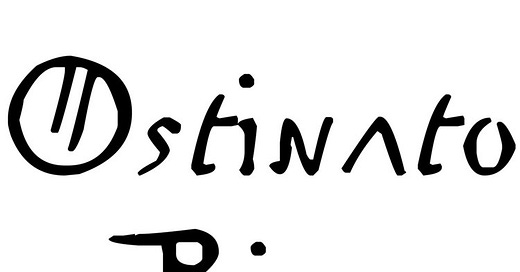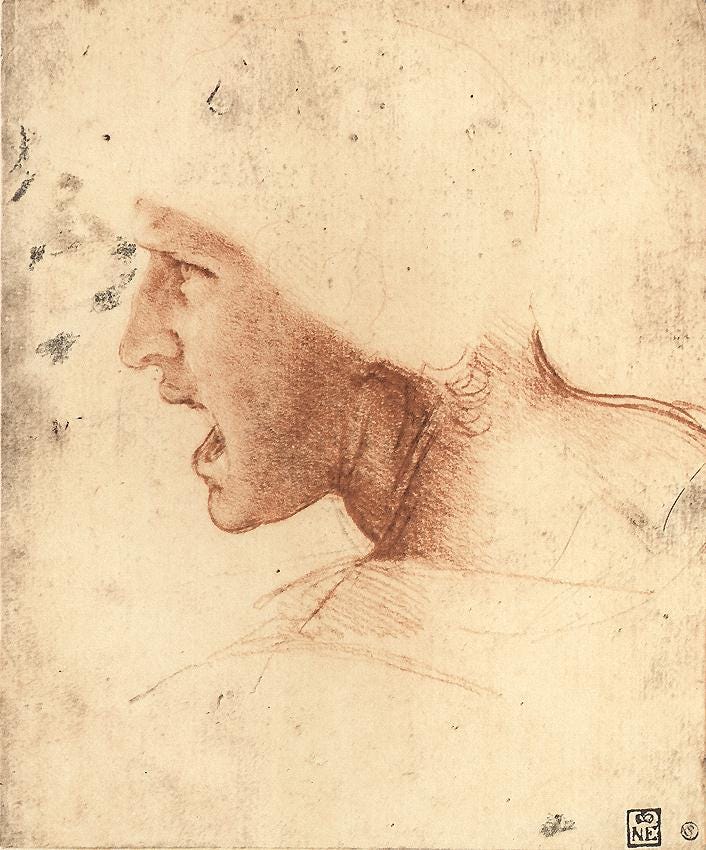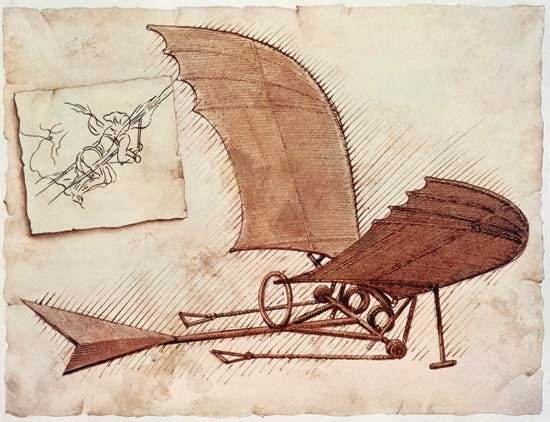Leonardo Da Vinci was born in 1452 in Italy, near Vinci outside of Florence. He was the illegitimate son of a young peasant woman, Caterina, but went to live with his father Piero soon after brith. Leonardo obtained very little formal education, however three rich experiences shaped his learning journey:
1. Access to many scholarly texts in the house,
2. Exposure to the longstanding painting tradition of Vinci, and
3. Apprenticeship between the ages of 14-21 with Andrea del Verrocchio, a renowned workshop in Florence.
It’s worth reflecting on the value of these three teachers in life: reading, observing, doing (under a master).
The access to books and the opportunity to read open up a world of possibilities, present you with infinite reflections helping you formulate more and better questions as opposite of thinking your job is to have answers.
The magic touch happens when you are able to connect those questions, insights and answers to one another. They will compound over time. Reading only fuels more curiosity. The opportunity to experience a stimulating world around you, whatever that is, will open your eyes even more, will help you connect with your senses and elicit a range of emotions that provide colors, textures and flavors to each one of those experiences.
Having a stimulating environment not that you visit once but that you live in, allows you to see, unsee and re-see. A stimulating context coupled with the thirst of curiosity feeds your imagination.
Finally, the opportunity to observe, but in action. Being an apprentice will teach you to listen more than to talk, to learn to do research to support a specific area of interest, to be more precise in your appreciations and in your words. Ultimately to learn how to translate all of it into production: a book, a painting, a research paper, a construction, a project plan… into anything that will ultimately yield an outcome, not just the personal acquisition of knowledge.
Apprenticeship helps connect the dots between reading, observing and researching; to enable doing, the only way to see real growth.
Relentless work ethic
Back to Leonardo, his talent and skills would marvel anyone in contact with him, however his guiding principle was not “I rely on my genius” rather was: “Ostinato Rigore”.
Ostinato rigore translates into stubborn rigor, rigorous persistence or tenacious application.
For Leonardo Da Vinci the standard was simple, if he encountered a problem, he would not let go. The experience and the practice amplified his intelligence.
It was his work ethics that produced the results.Most of us can have the natural tendency to give up when things get hard, when we feel we don’t experience the same joy in doing something as we used to. There is this side of us that speaks victimhood, self-pity, boredom or false desire to change; but sadly not a real change for stretch and growth, but a “lie to ourselves type of change” as an excuse to give in to our fears, excuse or self-doubt.
Can you be like Leonardo Da Vinci?
Not in genius, but in discipline?!
Practicing “Ostinato Rigore” doesn’t simply mean being more persistent and strong willed not to give up no matter what. That can be a good start but not enough.
Relentless rigor should also mean being disciplined to ask why and how more than what, to SWOT yourself periodically, to know how to do good root cause analysis once you identify a problem to solve or when things are not going as expected. It should also mean knowing how to take inventory of how time and energy are being spent (wasted?), seeking to understand yourself when you feel down because of a particular obstacle.
Are the emotions triggered elements of my personality that I need to learn to deal with because they have nothing to do with the work at hand, or are they inherent to the work I am doing and I need to learn how to best manage them?
What zone will you end up living in?
You can chose to live in COMFORT zone or in OSTINATO RIGORE zone.
If you do the second, after some time, you will see a change, you will start feeling disappointed at the excuses or poor judgement calls you used to make because your own undisciplined mindset and lack of problem solving skills needed to enable the results you wanted (or thought you wanted) in the first place. But even if not all results materialize exactly the way you planned it will be fine too; life and circumstances are not linear. Our best legacy is how we navigate the journey, not just which destination we get to.
Therefore, the most important question you need to ask yourself is: “Will you be proud of an "obstinate” journey or will you feel somewhat disappointed with a “comfort” one?
P.S. Before I go, here you have “The Treat,” where I share some of the music that kept me company while writing … Enjoy as you bid farewell to this post
Lead yourself, Learn to live. Lead others, Learn to Build.
P.S. If you enjoyed reading this post consider subscribing to this newsletter, joining the community and sharing with someone









Another great and insightful read, Sebastian. I never knew of “Ostinato Rigore” or the details of Da Vinci for that matter. You took something that sounds so unattainable and made it easy to construct in my mind. Keep up your great insights!
Oh... I almost forgot to acknowledge Yoda's wise words: "do or do not. There's no try". I catch myself several times using "try" a lot as most of us do. So much wisdom here! The word try already puts a shade on the action or intent to do something. It's like I'm not sure I should be doing that or maybe I'll give some but not all I can give. Does it make sense?